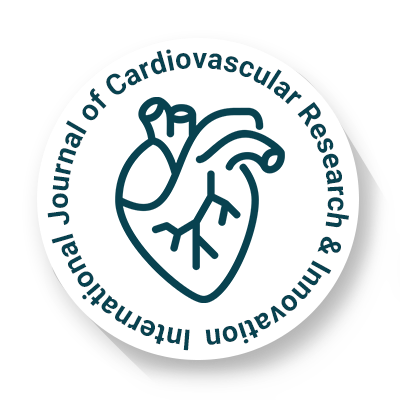
International Journal of Cardiovascular Research & Innovation
OPEN ACCESS

OPEN ACCESS

Department of Zoology, Utkal University, Bhubaneshwar, Odisha, India
Cardiovascular health is crucial in preventing heart disease, the leading cause of death worldwide. This article reviews the adaptations of cardiovascular systems in aquatic and terrestrial vertebrates, emphasizing their evolutionary significance and implications for human health. Aquatic vertebrates, such as fish, possess simpler cardiovascular structures, primarily a two-chambered heart, which effectively manages oxygen extraction in water. In contrast, terrestrial vertebrates, including amphibians, reptiles, birds, and mammals, have evolved more complex cardiovascular systems, with three or four-chambered hearts that support higher metabolic demands. Understanding these adaptations provides insights into potential therapeutic strategies for cardiovascular diseases in humans, particularly through comparative physiology and regenerative medicine.
Department of Zoology, Utkal University, Bhubaneshwar, Odisha, India